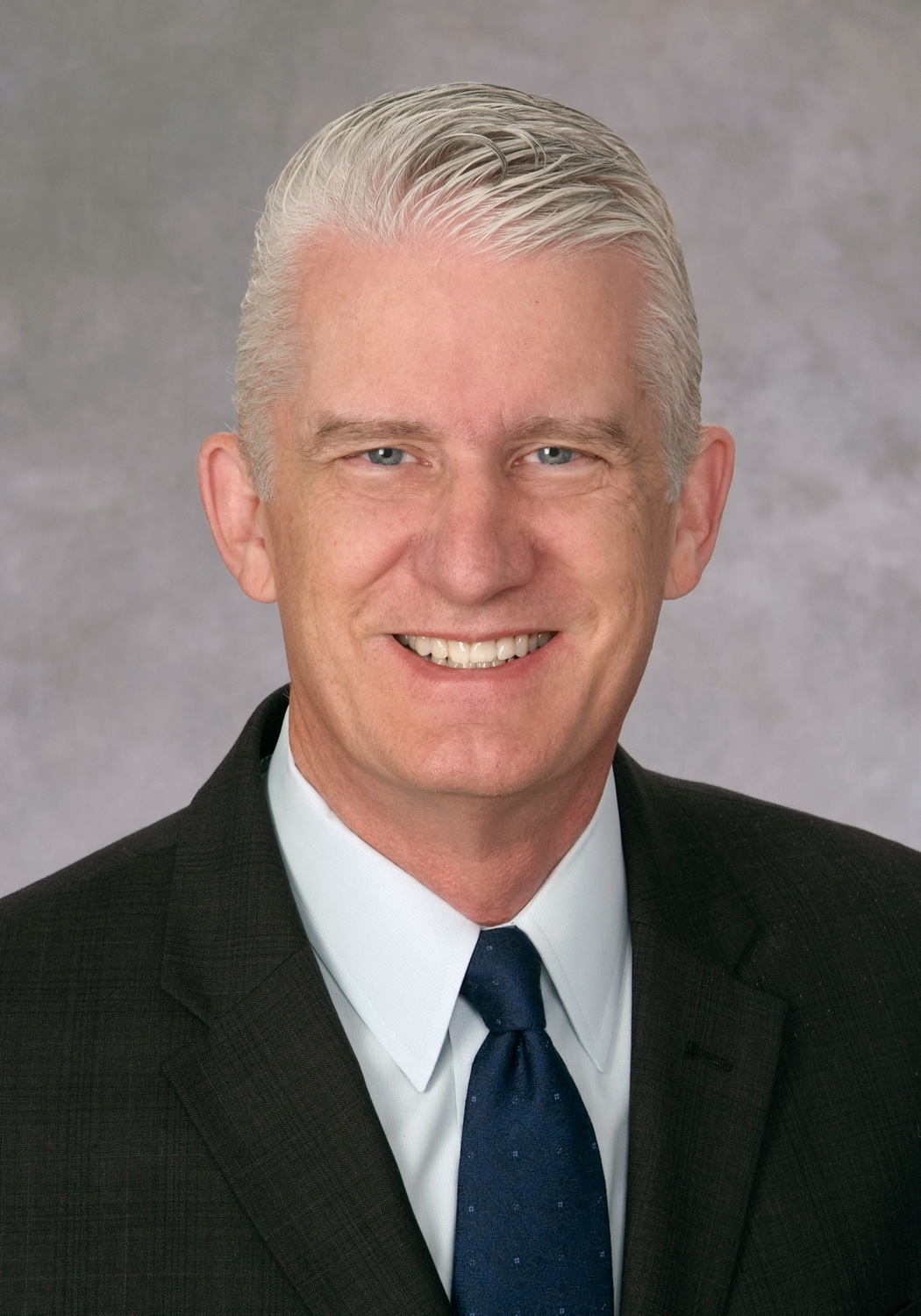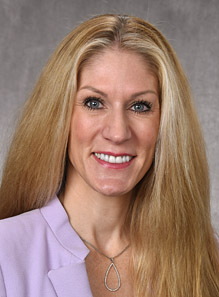51-60 of 1537 Results Found
Gastroenterology Research
Research in gastroenterology, hepatology and nutrition at Phoenix Children’s is helping advance our understanding of gastrointestinal (GI) and liver diseases. Through these studies, we are making strides in improving therapies for children affected by these conditions. At Phoenix
Selection Process
Intern Positions The program offers two (2) positions in one track for Pediatric Psychology with an emphasis on consultation/liaison. The interns will receive training in assessment, working with outpatient medical clinics, and outpatient therapy. Training Period The psychology
Resources & Accomplishments
Our Patient and Family Advisory Councils as well as our Patient/ Parent Workgroups collaborate as a team to promote positive change throughout the Phoenix Children’s network. Here are some of our recent notable accomplishments: Family Community Resource Guides Our PFACs and PPWGs
Service
The Epilepsy Program at Barrow Neurological Institute at Phoenix Children’s is Arizona's leading pediatric epilepsy program, recognized nationally for excellence. We know that epilepsy is more than just a medical issue — it's a journey that impacts the entire family. With
Doctor
Angus A. Wilfong, MD
Division Chief, Neurology; Dr. Jerry Cox Endowed Chair in Neurology
Specialties

Doctor
Cindy Salm Bauer, MD
Division Chief and Medical Director, Allergy and Immunology; Co-Director, Eosinophilic Gastrointestinal Disease Clinic
Specialties

Condition
Liver Transplant for Children What is a liver transplant for children? A liver transplant is surgery to replace a diseased liver with a healthy liver from another person. The new liver may come from an organ donor who has just died. A liver transplant may also come from a healthy
Condition
Peyronie Disease What is Peyronie disease? Peyronie disease causes hard, flat plaque to form under the skin on the tissue of the penis. The plaque often starts as an inflammation that may turn into scar tissue. The plaque builds up inside the penis in the thick elastic membrane
Condition
Psoriasis What is psoriasis? Psoriasis is a long-term (chronic) skin condition. It causes inflamed, red, raised areas of skin (plaques). The plaques itch and can be painful. The condition most often occurs on the scalp, elbows, knees, and lower back. What causes psoriasis
CME Session
PCH - Leadership Development, Mentoring and Residency Training: A Personal Journey - Karin Muraszko, M.D
Surgery Grand Rounds Guest Speaker About the presenter: Karin Muraszko, M.D., grew up in New Jersey and received her undergraduate degree from Yale University. She then continued to Columbia University in New York where she received her medical degree and completed her residency
